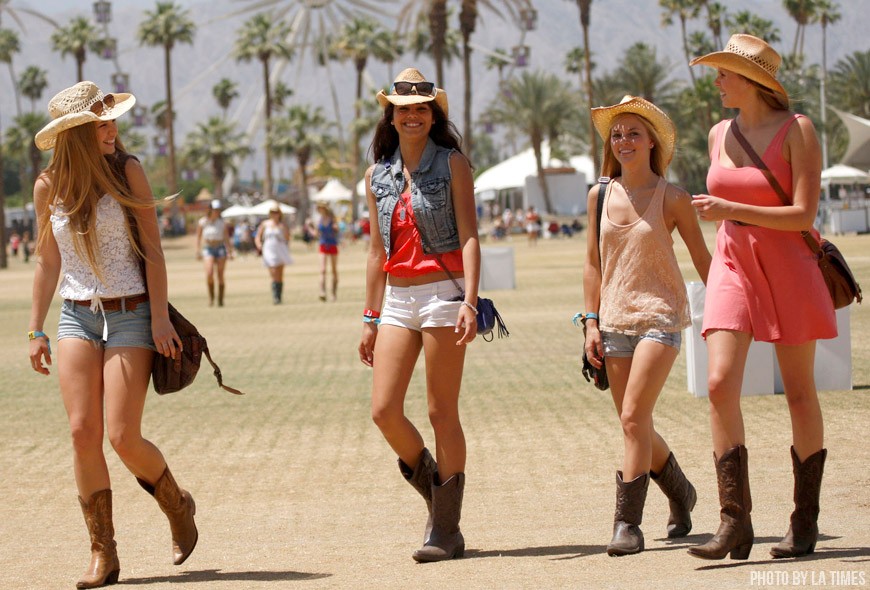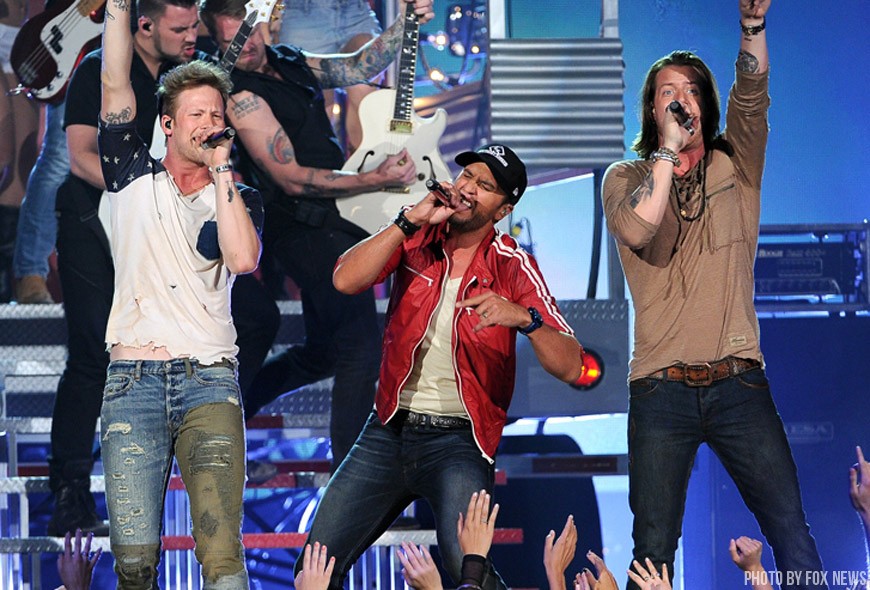“Cruise”, “Country Girl”, and “Before He Cheats” are all songs many have probably heard. Even though these songs, and many others like them, are typically classified under the country music genre, this new wave of music is slowly seeping into more mainstream culture.
Country music is a genre of American popular music that originated in the South during the 1920s. Specifically, “old school country” consistently features classic Nashville storytelling and strong song craft. However, during the past few years, country has been undergoing a transformation by adopting electric guitar sounds, rap-infused cadences, auto-tune, and pop elements. This “modern country” has become a dance movement that is attracting a growing urban audience.
Rising Popularity of New Country Music
The more mainstream artists, like Luke Bryan, winner of the 2014 AMC Entertainer of the Year, are at the peak of their popularity. His song, “That’s My Kind of Night”, hit the charts in a big way and typifies this new, country-rap trend. This is evidently shown by the slew of appearances by artists typically outside of the country genre at a variety of award shows and events. For instance, rapper, Nelly, helped close the CMT awards alongside newcomers, Florida Georgia Line, with their hit “Cruise.” Popular rocker, Lenny Kravitz, is another artist who made an appearance at the award show.
There is also an interesting crossover between the country world and mainstream TV in general. Three of American Idol’s top 10 finalists identify with country music while recent winners of X Factor and The Voice are now signing on country labels.
This cross goes beyond the singing-centered shows as well. This year’s Dancing with the Stars season features Kellie Pickler and Wynonna Judd. These shows look to country stars to bring more of a neighborly appeal and attract fans that are willing to pay to see their favorite artists.
Split Attitudes about the Transformation
Attitudes regarding this transformation in the country community have definitely split between traditional and this more modern sound. There is definitely no shortage of public feuding. Stars like Zac Brown, Alan Jackson, Kacey Musgraves, and Gary Allan all have publicly expressed their unhappiness with this new format and strive to save the integrity of the genre.
In fact, in Rolling Stone, Tom Petty calls modern country “bad rock with a fiddle.” He goes on to say, “Well, yeah I mean, I hate to generalize on a whole genre of music, but it does seem to be missing that magic element that it used to have. I’m sure there are people playing country that are doing it well, but they’re just not getting the attention that the shittier stuff gets…I don’t really see a George Jones or a Buck Owens or anything that fresh coming up. I’m sure there must be somebody doing it, but most of that music reminds me of rock in the middle ‘80s where it became incredibly generic and relied on videos.”
New York Magazine’s, Jody Rosen coins the term “bro country.” ““Cruise” is bro-country: music by and of the tatted, gym-toned, party heart young American white dude. It’s a movement that has been gathering steam for several years now, and we may look back on ‘Cruise’ as a turning point, the movement when the balance of power tipped from an older generation of male country stars to the bros…” Some wonder if this new turn for country contributed to the lack of women on country radio. Do they lack this ‘bro-country’ factor?
Gary Allan even goes so far to make the argument that singers transforming the genre, like Taylor Swift and Carrie Underwood, aren’t country singers at all, “I would say they’re pop artists making a living in the country genre.”
On the other hand, there are also other country artists who support this change. For example, The Voice coach, Blake Shelton, calls classic country fans ‘old farts,’ “Nobody wants to listen to their grandpa’s music. And I don’t care how many of these old farts around Nashville are going, ‘My God, that ain’t country!’ Well that’s because you don’t buy records anymore, jackass. The kids do, and they don’t want to buy the music you were buying.” Despite the fact that this comment caused much controversy, it represents the group of artists who support the change and welcome their new fans into modern country music.


